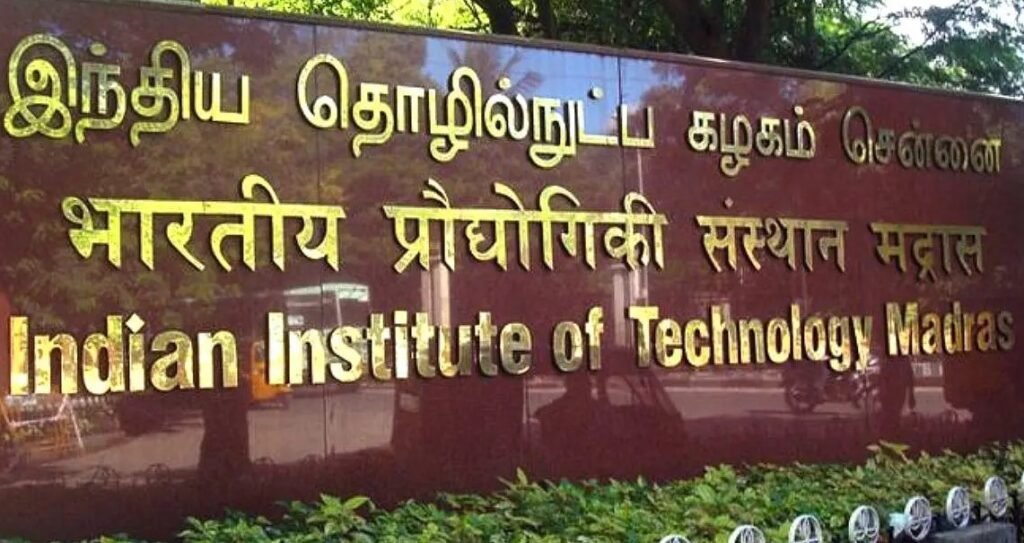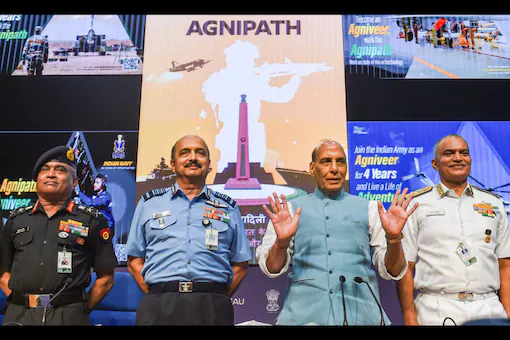A clean environment is essential for human health and well-being. At the same time, the surrounding environment can be a source of stressors that have a negative impact on health, such as air pollution, noise, and hazardous chemicals. Climate change has a negative impact on our health, resulting in heat waves, floods, and changes in the distribution of vector-borne diseases. Climate change, biodiversity loss, and land degradation can all have an influence on human well-being by jeopardizing ecosystem services such as access to freshwater and food production. Human health and well-being are directly affected by the quality of the environment. Clean air and water, fertile land for food production, and energy and material inputs for production are all provided by good natural surroundings. Green infrastructure also aids in temperature control and flood prevention. Green and blue landscapes also provide vital recreational possibilities and promote well-being. Impact of pollution on our environment It is critical to protect our environment since our health and survival on the planet are intimately linked to environmental health. Dirt and pollution can be found in many regions around the world, and a huge portion of the world’s population lives in these unpleasant and squalid conditions. People are drinking contaminated water and breathing polluted air, resulting in a wide range of health concerns for many people. We can live a healthy life if we live in a clean environment, which we may attain by knowing the importance of a clean environment. Unfortunately, we see very little being done to address this issue, and we are gradually polluting more areas of the planet. Finding clean environments is extremely challenging in many places of the world nowadays. Governments around the world are increasingly becoming more aware of the issue. Everyone on the planet must recognise the value of a healthy environment for everyone’s health. Any pollution that has a negative impact on the environment has a negative impact on humanity as a whole. Alarming health hazards Various types of significant health problems, such as cancer, are on the rise around the world today, and the main cause of these health problems is increased pollution in our environment. Pollution is bad in which ever form, whether it is caused by humans or industry. There are numerous examples of industries around the world that have contaminated the water supply in the areas where they operate. Today, there is a general awareness of rising pollution levels, and as a result, we are seeing some efforts from all walks of life; however, there is still much work to be done by all of us in order to have a clean and healthy environment. As environmental factors continue to have a negative impact on individual and population health, environmental health advocacy is a primary issue in the public medical domain. Take, for example, the impending threat of climate change. Climate change, according to environmental health specialists, may modify disease patterns, making communities more vulnerable to various illnesses. Climate change has also been linked to more floods, wildfires, and superstorms, all of which can have major health repercussions. Climate change is estimated to kill roughly 250,000 people every year between 2030 and 2050, according to the WHO. The United Nations Fundamental Rights Council declared in the 1990s that enjoying a clean, healthy, and sustainable environment is a human right. Leading civil society figures explained why this is so important for everyone’s health. How can the environment be kept clean and green? Increasing the amount of green space and planting more trees is a big step in keeping the environment clean and green. Proper garbage disposal of all kinds should be promoted and, if necessary, rewarded. Vehicle emissions should be monitored, and environmentally friendly fuel alternatives should be promoted. Deforestation must be discouraged and punished. If forestation is deemed necessary, a new area must be cultivated for forestation. Non-biodegradable materials, such as plastic, should be removed from circulation. People must be taught the value of maintaining a clean and green environment. Awareness campaigns are helpful in this regard, and they should begin in schools and community centres. Outdoor fire crackers and open fires must be inspected. Conclusion Given the preceding, it is reasonable to conclude that a clean and green environment is a basic prerequisite of modern society. Pollution of the environment, such as air, water, and land, has had a tremendous impact on human life. The air quality is poor, the water is hazardous to drink, and the soil is poisoned, all of which contribute to a variety of illnesses. As a result, in order to improve survivorship, pollution must be addressed and reversed. It is only possible to live a healthy life if the basic demand of clean air and land is provided. A clean and green environment implies less pollution and a higher quality of life. Green, on the other hand, has a proven link to better health. A green atmosphere literally means a lot of trees and foliage. Trees play an important role in air purification by absorbing harmful pollutants and releasing oxygen. Greenery also has a calming and calming influence on humans. The natural environment relies significantly on trees and plants to provide refuge and food to smaller insects, animals, and birds. Maintaining a healthy evolution of life in your local city as well as in the country as a whole necessitates keeping the environment clean and green.









